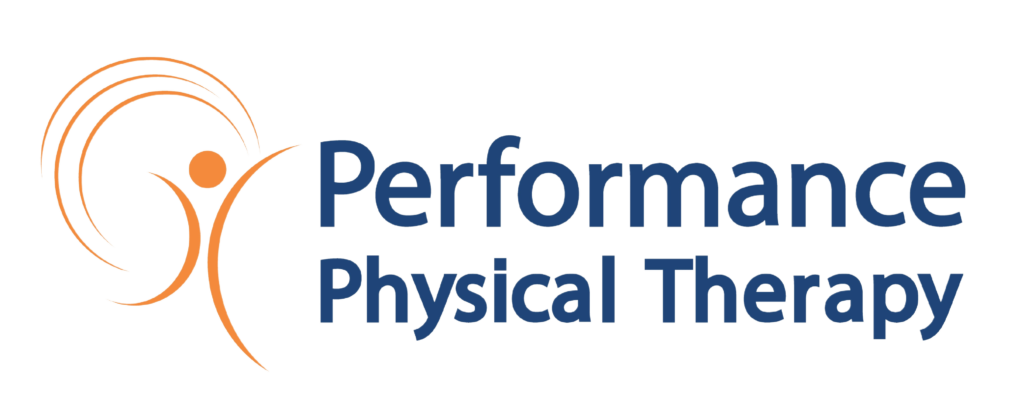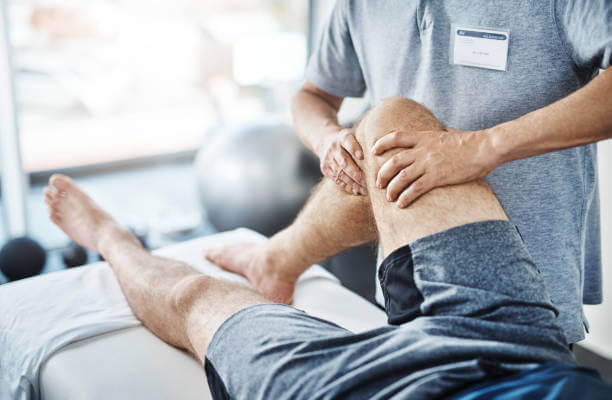Can a solid focus on pre- and postoperative physical therapy lessen the odds of long-term opioid use after total joint replacement surgery? A group from the Boston University School of Medicine and Optum Labs in Minnesota thought that may be the case. Their work, “Association of Physical Therapy Interventions With Long-term Opioid Use After Total Knee Replacement,” appears in the October 27, 2021, edition of JAMA Network Open.
Co-author Deepak Kumar, PT, Ph.D. provide background regarding the study to OTW: “Total knee replacement (TKR) for knee osteoarthritis is one of the most common surgical procedures performed in the U.S. and rates of TKR are expected to rise exponentially over the next couple of decades. Although TKR is a very effective surgery, up to a third of the patients continue to experience pain after the surgery. And a significant proportion become long-term opioid users after surgery making this an important public health challenge.”
“Clearly, there is a need for safer interventions to manage pain in people who undergo TKR. Physical therapy (PT) interventions are effective at managing pain due to knee osteoarthritis. However, the relation of physical therapy interventions with long-term opioid use in people who undergo TKR is not known. Therefore, we wanted to study these associations to understand if physical therapy interventions could reduce reliance on long-term opioid use.
The researchers used the Optum Labs Data Warehouse, with data on 67,322 individuals who were 40 years or older and who had received a total knee replacement between January 1, 2001, and December 31, 2016—stratified by opioid use. For this study, the research team collected data from January 1, 1999, to December 31, 2018.
The team looked at the occurrence of any visit with a physical therapist before and after TKR (physical therapy episodes of care identified using Current Procedural Terminology codes). Patients with one or more outpatient or inpatient PT Current Procedural Terminology code within 90 days prior to their total knee surgery were in the “received a pre-TKR physical therapy intervention.” Patients with one or more physical therapy Current Procedural Terminology codes at an outpatient facility within 90 days after TKR were considered as having received a post-TKR physical therapy intervention.
“Our results suggest that receiving physical therapy before or after TKR is associated with reduced likelihood of long-term opioids,” said Dr. Kumar to OTW. “Also, initiation of outpatient physical therapy within 30 days of TKR and receiving 6 or more sessions of outpatient physical therapy after TKR are related to reduced likelihood of long-term opioid use.”
“Given that physical therapy is a widely available, safe, and relatively low-cost intervention, increased referral and utilization of physical therapy could help manage pain in people with TKR. However, there is definitely wide variability in the type and duration of PT interventions across the country. More work needs to be done to standardize physical therapy care to optimize health outcomes like reduced opioid use.”


